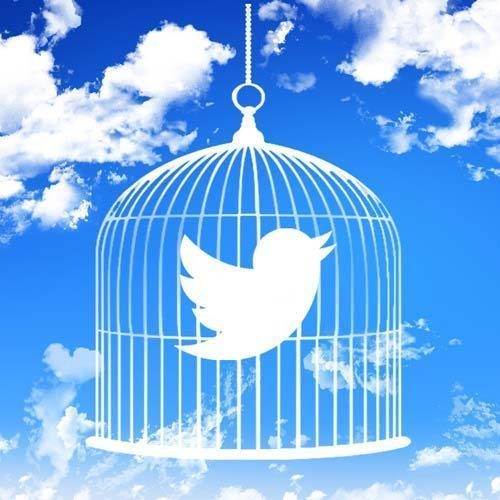
Abdulla Ibn Hamad Al-Athbah, the managing editor of Al Arab newspaper in Qatar, has been reportedly added to a “ban list” that prevents him from entering Kuwait.
Both the Doha Centre for Media Freedom and the Cairo-based Arabic Network for Human Rights Information have expressed concerns about the Qatari journalist’s blacklisting.
Al Athbah said the ban was the result of articles and tweets he wrote criticizing the Kuwaiti regime, including remarking that “democracy in Kuwait is declining and there is a lack of freedom of expression.”
DCMF writes:
The centre asks an official explanation why he is not allowed to enter Kuwait. Al-Athbah shouldn’t be restricted in his movement due his writings criticising the Kuwaiti government as he is entitled to expressing his opinion freely. DCMF is concerned about the impact such bans can have on the right of free expresion and media freedom.
According to Freedom House, Kuwait is the only GCC country whose media is “semi-free.” The majority of nations, including Qatar, are ranked “not free.” No Arab nation’s press is ranked “free” (green).
But this week, Kuwait unveiled a new draft media law that proposes $1 million fines for insulting the emir and other members of the ruling family. And last month, a Kuwait court sentenced a Twitter user to two years in prison for insulting the country’s ruler online.
Regional crackdown
Other Gulf countries, including Qatar, have also been cracking down on online expression.
In the UAE, the relative of a man on trial for sedition has been sentenced to 10 months in jail for tweeting about the proceedings, which have seen restricted media access.
Here, the case of the Qatari poet originally sentenced to life in prison for insulting the Emir in poems circulated on YouTube continues, as an appellate court reduces his sentence to 15 years and both the defense and prosecution attempt to appeal that decision.
Meanwhile, Qatar is considering its own new media law, which would outlaw jailing journalists but allow steep fines to be imposed upon that for violating what DCMF and others have thus far called vague reporting restrictions.
Thoughts?
Credit: Image courtesy of mkhmarketing







